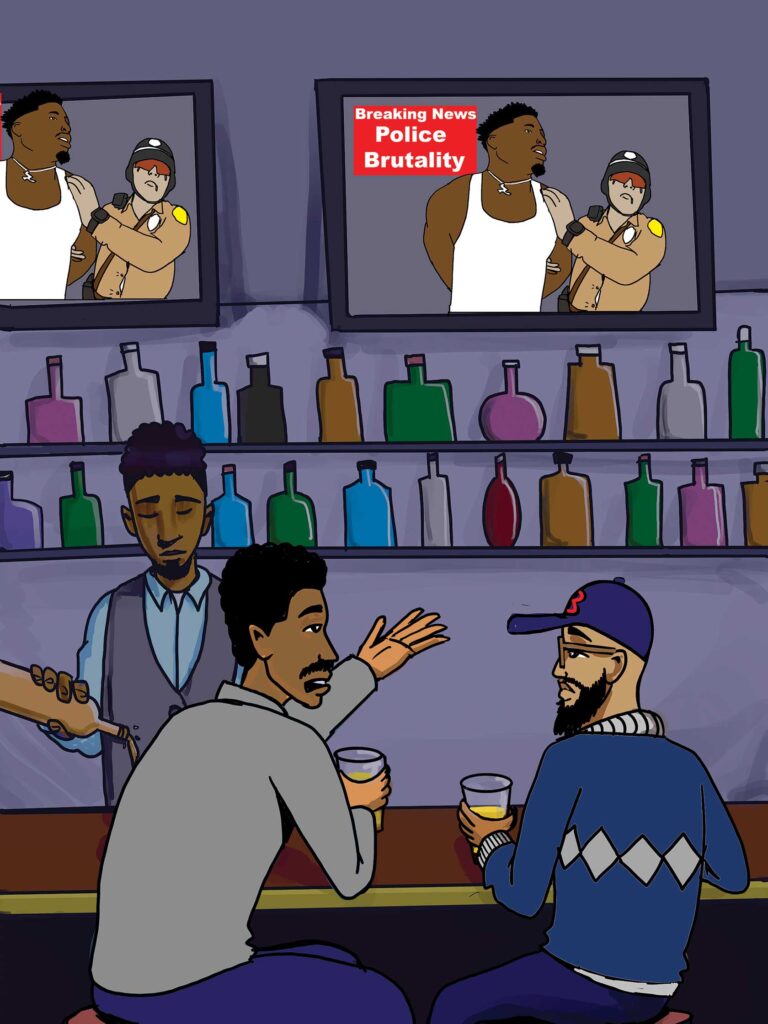
On Sunday, Dolphins wide receiver Tyreek Hill was speeding, recklessly driving, and, according to the police, “putting himself and others in great risk of danger” on his way to his home opener game against the Jacksonville Jaguars. Hill was stopped and pulled over by Miami-Dade motorcycle officers. This is where everything escalated. The police said that the Dolphins player was clocked at 60 mph on the roadway entering Hard Rock Stadium and that is why he was stopped, in addition to not wearing a seatbelt. Hill was asked to turn over his license, and after lowering his window to do so, he closed it. The officer repeatedly told Hill to lower his window but was rebuffed by the player. He was then asked why he didn’t have his seat belt on.
Don’t knock on my window like that,” Hill told the officer repeatedly.
“I have to knock to let you know I am here,” the officer told Hill while repeatedly asking why the player didn’t have his seatbelt on. Next, “Keep your window down,” the officer explained again tapping on the glass.
Hill rolled the window down slightly and said, “Don’t tell me what to do.” He put the window back up. According to what Hill told CNN, he left the window up to prevent drawing attention to himself. He thought passersby would start taking pictures of him and cause a traffic commotion Upon refusing the policeman’s request, Hill was threatened with his car window being smashed, according to the body cam footage, and he exited the vehicle. The police officer grabbed him by the back of the head and arm and forced the 5’8” player face first to the ground. The second and third officers handcuffed Hill. One put a knee in the middle of his back, exclaiming, “When we tell you to do something, do it, and stop crying.”
Here is a question: How many times has this scenario played out with Black men and women over the last 100 years? How many times have you heard the phrase “handcuffed with face on the floor?” or “placed a knee on their back,” or “I can’t breathe?” Eric Garner in 2014 was suffocated to death, George Floyd suffered the same fate in 2020, and most recently Ohioan Frank Tyson succumbed after being restrained by police in the same manner.
A March study by the Associated Press found out that 1,000 people had died in the last 10 years by physical force that’s considered non-lethal. Reese Dunklin, an AP reporter involved with the study, pointed out to the PBS program “News Hour” that “another thing we found as far as a commonality is that the toll fell hardest on Black Americans. Even though they represent only 12 percent of the nation’s population, we found that they were about a third of those who died.”
I am sure that this is not surprising to most people, but that the aggravating thing is that it is still happening, far too often. It doesn’t matter if you are a regular citizen or an NFL star, scenes like this are very common, and now, more often than not, these incidents are caught on police camera. But that has not stopped this behavior. In fact, the former president has given a green light to it, telling police officers in a 2017 Long Island Law Enforcement address, “When you see these thugs being thrown into the back of a paddy wagon, you just seen them thrown in, rough. I said, ‘Please don’t be too nice.’”
This coarse statement often translates into the over-aggressive policing of people and communities of color.
Hill also had fellow players come upon the police stop. Teammate Jonnu Smith parked his car in front of Hill’s and asked what was happening. He was ordered to leave. The police told him they were going to give him a ticket for blocking the road. Dolphins defensive tackle Calais Campbell, also shown on the body camera footage, was told to leave, and when he didn’t, he was briefly handcuffed. Campbell explained that when he saw Hill “cuffed,” he tried to deescalate the situation. He was detained because he disobeyed their direct orders.
Seeing Black people stopped and treated this way sends a collective chill through families, who wonder if the next police stop of them or their loved ones could be their last.
Despite these events, Hill still played an integral part in the Dolphins 20-17 win over their Northern rivals, scoring on a 80-yard pass from quarterback Tua Tagovailoa. After his unnecessary touchdown dance, he walked off the field with his hands behind his back, reminiscent of the earlier altercation.
Given the day’s events, Hill posed a burning question at his post-game press conference against Jacksonville: “What if I wasn’t Tyreek Hill?”
We will be asking that for days, weeks and years to come.







